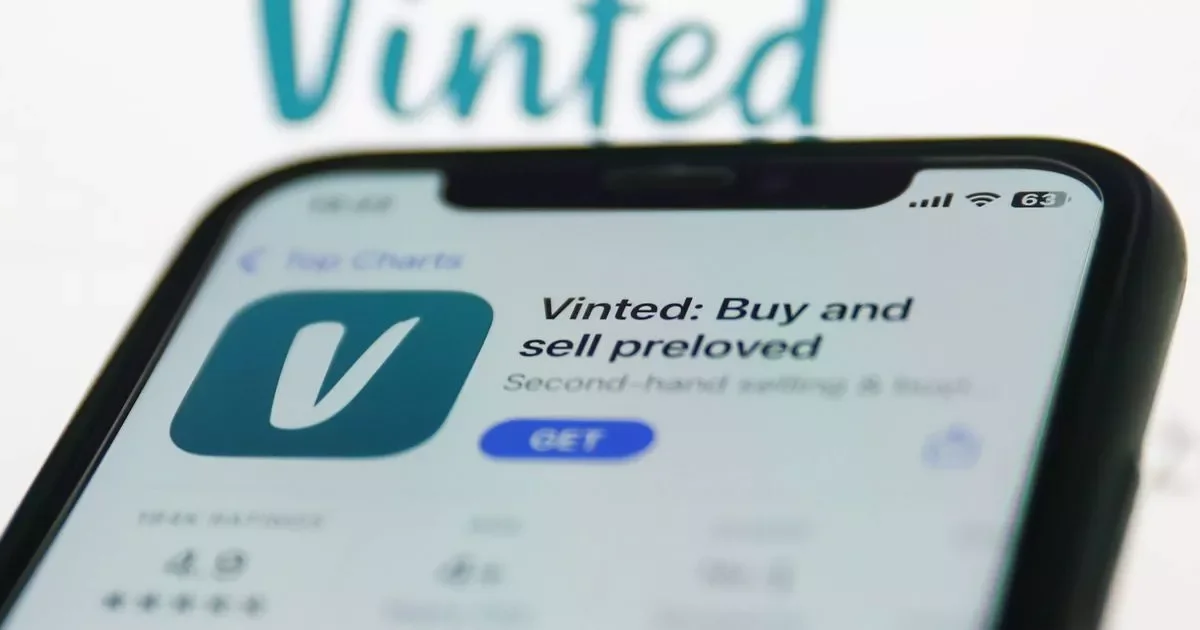Introduction
Hundreds of UK users on Vinted, a leading online resale platform, have started seeing pop-up requests for personal information in their apps. This follows new digital platform reporting regulations that came into effect in January 2024, designed to strengthen HM Revenue & Customs’ (HMRC) efforts to counter tax evasion.
The pop-ups require sellers meeting specified thresholds to provide details such as their full name, date of birth, and billing address, in line with obligations set out under UK law.
This measure forms part of a government-wide initiative to improve the transparency of online sales and identify sellers who may need to report income.
HMRC Expands Digital Platform Oversight
From the start of 2024, HMRC expanded its oversight of online marketplaces through new digital platform reporting requirements. This step is intended to identify individuals who make significant profits through third-party platforms such as Vinted, eBay, and Depop.
Government agencies worldwide have implemented similar policies to prevent evasion and to ensure consistency in how income from digital sources is reported. Previously, the reporting burden fell largely on sellers to self-declare earnings.
With the new procedures, platforms themselves must now collect and transmit seller data to HMRC when certain thresholds are met. This move seeks to address the gap between informal sales activity and formal tax reporting regulation.
Why Vinted Sellers Are Affected
Vinted sellers have reportedly received prompts after reaching 30 sales or exceeding €2,000 (approximately £1,700) in sales during the calendar year. According to information published by Vinted, the platform is required by law to ask sellers for additional verification at these points.
This is not limited to Vinted, with similar notifications now being rolled out across other online marketplaces. Officials have clarified that the requirement is not an introduction of a “new tax.”
A UK government spokesperson stated, “The new reporting requirements for digital platforms came into effect at the start of 2024. It is not a new tax. Whether you are selling last year’s festive jumper or unwanted presents, nothing has changed for online sellers.”
What Sellers Must Provide
Upon reaching the reporting thresholds, sellers are prompted by the Vinted app to supply their first name, surname, date of birth, billing address, and country of residence. The app subsequently requests the seller’s National Insurance number.
Sellers who do not possess a National Insurance number may indicate this as part of the process. According to several users, providing this information is essential to continue selling or withdrawing funds from their accounts. Once the required details are submitted, sales can proceed as usual.
Vinted provides further information through its app regarding these compliance steps and includes links to HMRC’s tax guidance.
Tax Implications for Casual Sellers
Despite receiving pop-ups and submitting details, most casual sellers are unlikely to owe additional tax. In the UK, personal items sold for less than the original purchase price are not subject to capital gains tax. Tax may be owed if an item is sold for more than £6,000 and at a profit.
Platform guidance clarifies, “Even if you meet one of these criteria and complete a seller report, it does not mean you are obliged to pay taxes, as selling your personal items is generally not taxed. In the UK, if the money you make on Vinted over a year is less than what you paid for the items, you pay no tax.”
Only individuals who act as business traders may need to report income and potentially pay tax, with a tax-free allowance of £1,000 on profits from such activity in place since 2017.
Digital Platform Reporting Rules Explained
The legislative update aligns with global standards set by the OECD to improve tax compliance among participants in the digital economy. Under the new rules, platforms must identify sellers exceeding either 30 transactions or £1,700 in annual sales and provide this information to HMRC.
The regulation aims to clarify tax obligations, support a level playing field between online and traditional business, and capture data for individuals whose trading patterns suggest business activity rather than ad hoc sales.
The government has reiterated its intention to avoid penalising ordinary people clearing out unwanted goods.
Final Summary
The new reporting rules affecting Vinted and other digital marketplaces are part of a broader effort by HMRC to increase transparency in the digital economy.
While the process introduces additional steps for some sellers, it does not introduce new taxes for those selling their own second-hand goods at a loss or below the £6,000 profit threshold.
Only business sellers or those making substantial gains need to consider potential tax liabilities.











